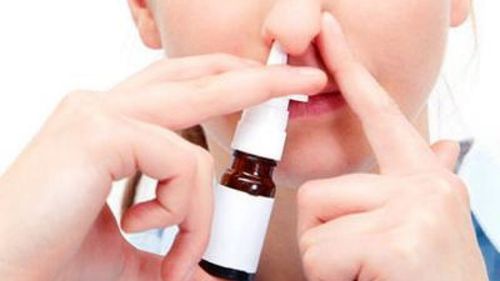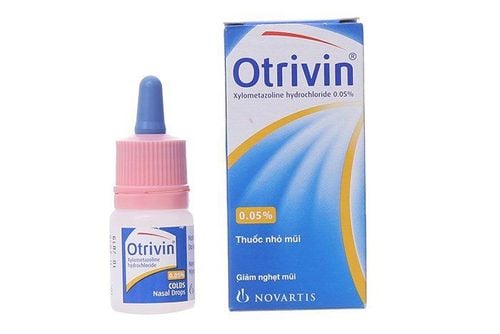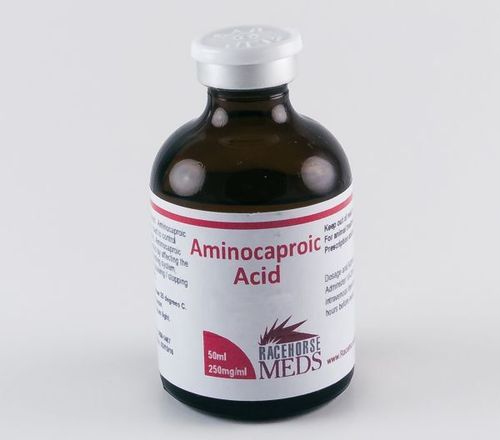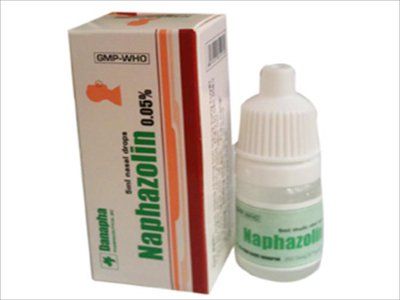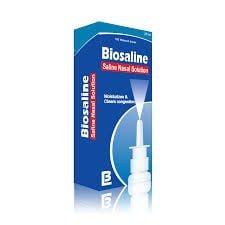This is an automatically translated article.
Nosebleeds in young children are common health problems and are concerned by many people. However, when a child has a nosebleed, how should we properly handle it and prevent nosebleeds in young children?
Children from 2 to 10 years old are the most susceptible to nosebleeds. Children often have bleeding from one nose, very rarely both. Most cases of nosebleeds in children are at the front of the nose and usually appear in the morning, especially when it is dry and cold.
Nosebleeds in children can be more or less. If there is a lot of blood, it can flow back into the throat, causing the child to cough, vomit, spit up blood, or even have bloody stools due to blood in the stomach. When there is a lot of nosebleed, the child may be accompanied by dizziness, dizziness, fatigue, impaired consciousness, ...
1. Why do children have nosebleeds?
It is difficult to determine why children have nosebleeds because there are many causes of this condition, they can occur singly or in combination. Here are some causes of nosebleeds in young children:
Trauma to the nose: Trauma (due to a fall, strong impact or blowing nose, improper nose picking, nose surgery) is a One of the most common causes of nosebleeds in children is the tearing and bleeding of the nasal mucosa system. Rhinitis: When you have rhinitis (allergic rhinitis, sinusitis, birth defects in the nasal passages that cause rhinitis), the nasal mucosa is damaged, affecting the blood vessels under the mucosa and causing nosebleeds in the nose. children. Foreign objects in the nose: Young children often insert toys and foreign objects into the nose, causing ulcers in the nasal mucosa and leading to nosebleeds. Nasopharyngeal fibroids: This is a disease only seen in children aged 6-15 years, mainly boys, with the initial symptom being frequent nosebleeds with an increasing amount of bleeding. Other causes: Some causes can include: nose picking for newborn bleeding, living in a dry, hot environment for a long time or using nasal spray for a long time or some other medicine. . Sometimes, nosebleeds in young children are also a sign of certain diseases such as systemic allergies, dengue fever, hypertension, heart failure, coagulation dysfunction, thrombocytopenia, liver and kidney disease, cancer. blood letter, ...

Trẻ bị chảy máu mũi có thể do vật lạ trong mũi
2. What to do when the child has a nosebleed?
When seeing a child with a nosebleed, parents often panic and worry, not knowing how to handle it. Here's what to do when you see a child with a nosebleed:
Calm down, comfort the child so they don't get scared. Have the child sit upright, with his back to the chair, head forward and slightly bent. With this position, blood vessel pressure in the nose will decrease, blood will flow out, reducing the risk of children swallowing or aspirating blood in. Use two thumbs and index fingers to pinch the sides of the nose for about 5 - 10 minutes (ask the child to breathe through the mouth) to stop the nosebleed. Attention, should not stop bleeding by placing the child lying down or tilting the neck back because it can cause the blood to flow back in, then, it is impossible to know how much or how little the bleeding is for appropriate treatment.
3. When to go to the hospital with nosebleeds in children?
Take the child to the nearest hospital or medical facility in the following cases:
If, after treating with the above measures, the nosebleed in a child still does not improve in 10-20 minutes and the amount of blood more outflow. In a short period of time, the child had several nosebleeds. Children vomiting blood or defecation, blood in urine. The child has dizziness, lightheadedness, difficulty breathing, rapid heartbeat, pale skin, fussiness, irritability, rash, high fever. Your child has bruises or is diagnosed with a blood or liver disease or is being treated with anticoagulants. Children have accidents, trauma to the head, nose and bleeding.

Khi chảy máu mũi ở trẻ kèm các dấu hiệu khác, bố mẹ cần đưa trẻ đến bệnh viện kiểm tra
4. Prevention of nosebleeds in young children
If it is determined that the cause of the child's nosebleed is rhinitis, parents need to treat the child's rhinitis right away and be careful not to let the child pick his or her own nose because it can cause an infection in the nose and lead to bleeding. .
If you see a child with repeated nosebleeds, you should take your child to see a doctor to find the cause of the disease, thereby taking appropriate treatment measures, limiting nosebleeds in children.
Wash your nose with physiological saline or diluted saline 2 times a week to keep your nose clean and limit bacteria. Avoid using physiological saline regularly, because it can dry or lose the protective mucous layer of the nasal mucosa.
If the child has a nosebleed when the weather is dry and cold, parents should pay attention to increase the humidity in the house, where the child is living to maintain moisture for the nose. When seeing a child with a nosebleed, parents need to be calm to handle the nosebleed for the child properly. If after treatment, the child does not stop bleeding, parents need to take the child to the nearest medical facility for examination and advice.
Pediatrics Department - Vinmec International General Hospital is the address for receiving and examining diseases that infants and young children are susceptible to: viral fever, bacterial fever, otitis media, pneumonia in children, ... With modern equipment, a team of doctors and experts with many years of experience will directly examine and give the best treatment to ensure the health of young children. Thanks to the quality of medical care and good service, parents can be completely assured when choosing a hospital as the address for examination and treatment when their children have any health problems.
Please dial HOTLINE for more information or register for an appointment HERE. Download MyVinmec app to make appointments faster and to manage your bookings easily.




